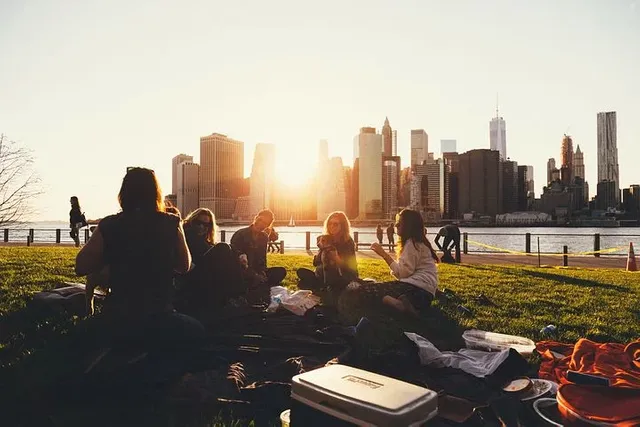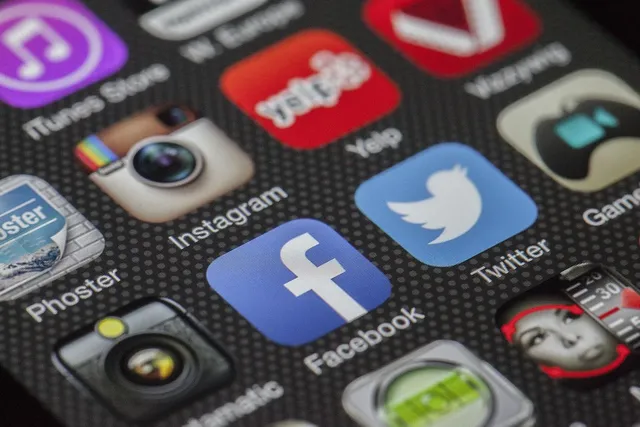Life has changed tremendously during the past weeks for people worldwide. In most countries strict social distancimg measures are applied in order to contain the novel coronavirus and while the authorities are still figuring out what the best ways of limiting the virus are, people are forced to stay at home and limit social interaction to those that live under the same roof.
While there is widespread concern regarding government and healt system's ability to manage the crisis, a growing number of people and specialists such as psychologists and sociologists also start worrying about the collective mental wellbeing.

People are trapped indoors and their only means onf socializing with those who are not living in the same household is over the phone or the internet. Not long ago, this behavior was heavily criticized.
We were advised to give social media a break and go out there to socialize with real people, not profiles.
Now, we are required to avoid any unnecessary communication with people who don't share the same house with us. This means that for many people out there, the only way to keep in touch with friends and family is by textin or calling.
Will this impact social interaction in the long-run, after the lockdown period comes to and end? But what if this end is still months away? Are we ready to take such a long break from being together with others?

At the moment, it seems that we have no choice but to obey the law, but great social change might loom ahead.
We might be coming out of this restrictiona period more eager than ever to talk with people and re-establishing genuine connections, or we might find it hard to approach others especially in the quite likely scenario that a vaccine is more than a year away and every person we might have to deal with may be apotential virus carrier.
We will live and see, one thing is for sure - we will have a lot to tell to our grandchildren after this pandemic is over.
Images from www.pixaby.com